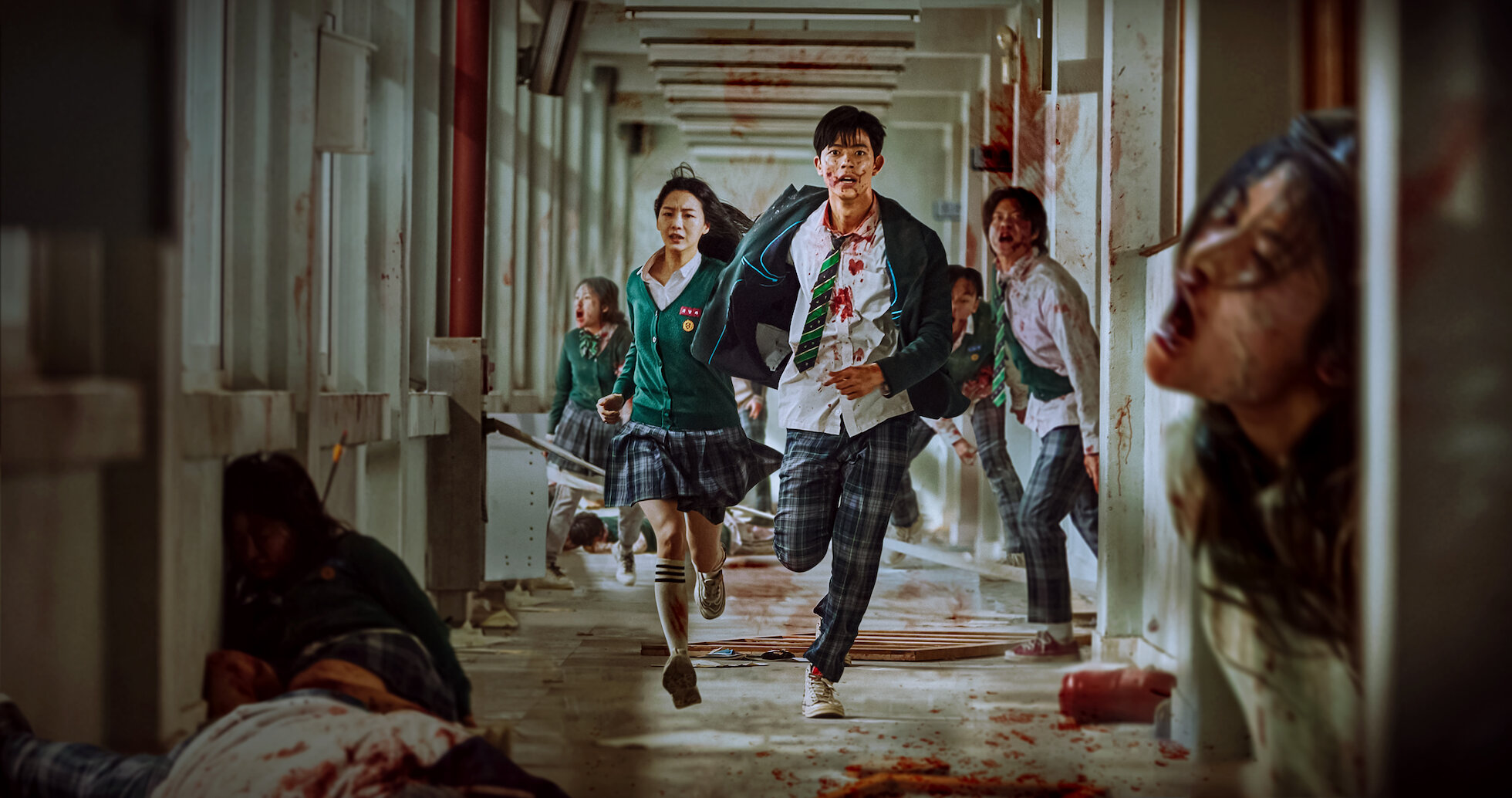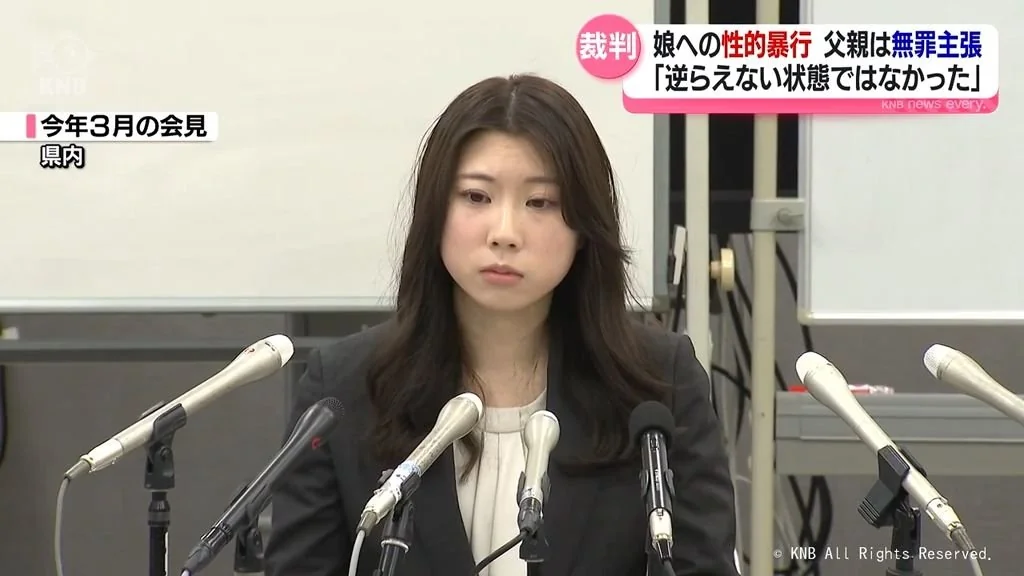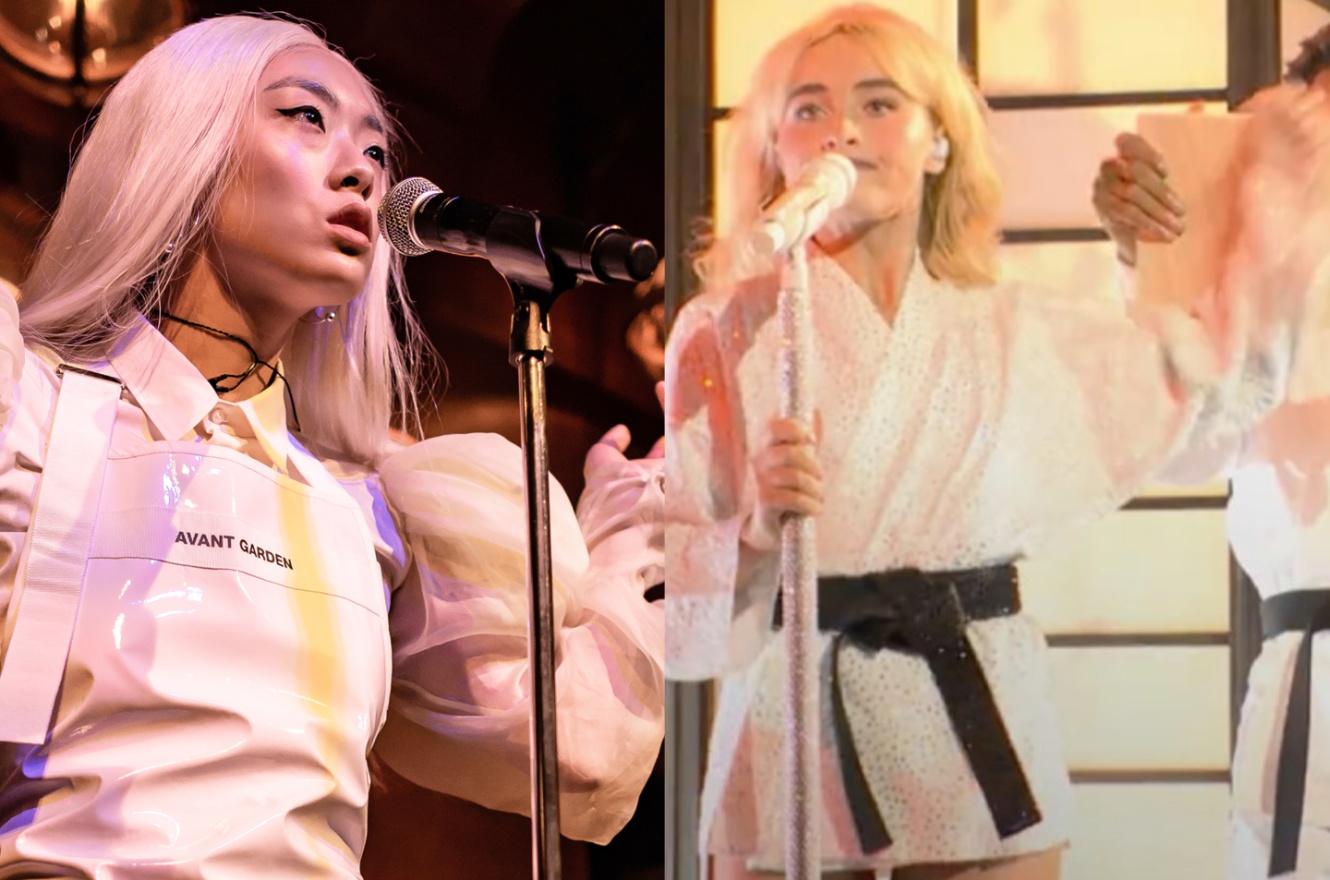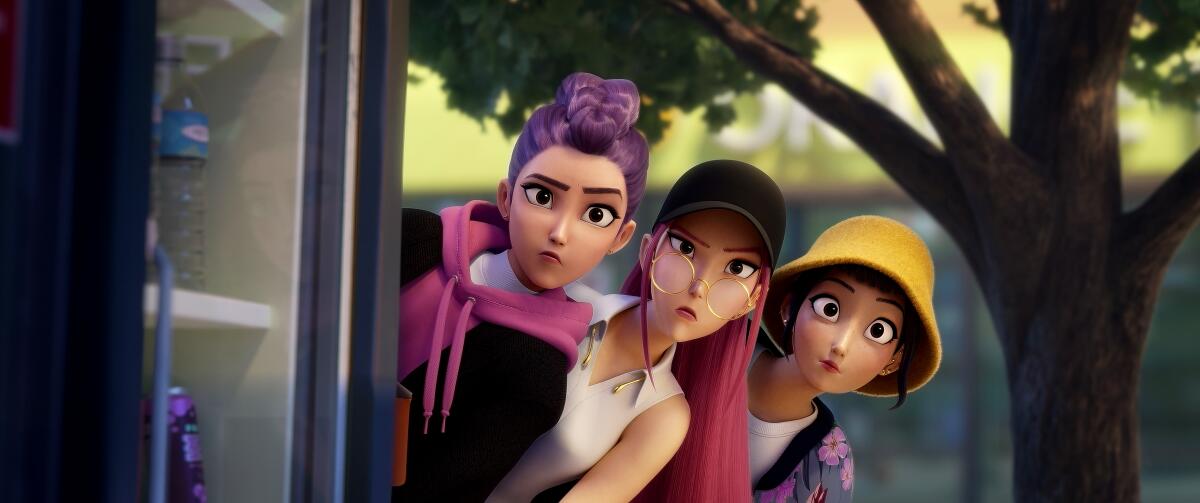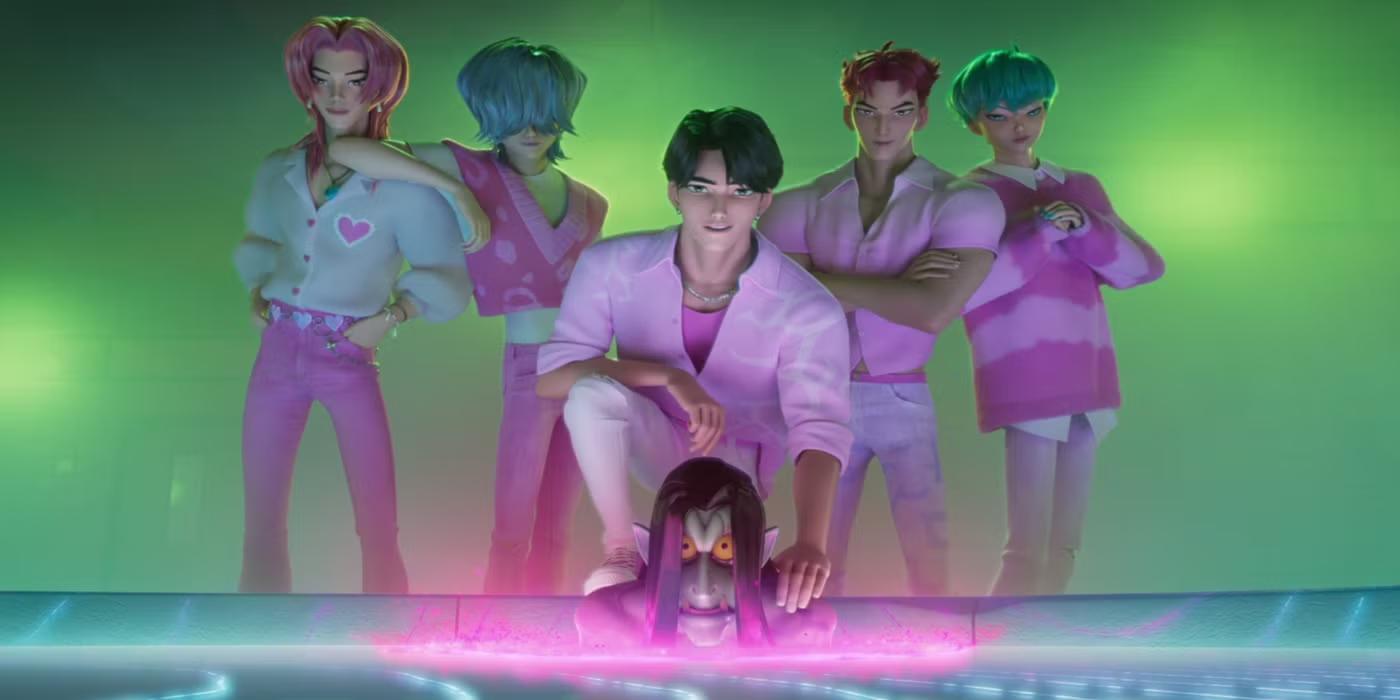If you’ve spent any time watching Korean cinema and television recently, you know that when they decide to tackle a scary premise, they really commit. It’s not simply about blood and jump scares; these shows often use the supernatural—be it a monster outbreak or a divine decree—as a mirror to reflect the worst aspects of human nature, such as greed, corruption, and selfishness. The best series combine pulse-pounding action with profound moral questions, making them perfect for your spooky season binge.
Here are seven excellent suggestions for your watchlist.
1. Kingdom (2019)
Set in Korea’s Joseon Dynasty, this historical thriller follows Crown Prince Lee Chang as he attempts to investigate a mysterious illness infecting the King. What he uncovers is a politically motivated plague that resurrects the dead as flesh-eating monsters. The Prince must fight for his people, not only against hordes of fast-moving zombies, but also against the political machinations of the powerful Haewon Cho clan, who are determined to seize the throne. The show is unique in how it merges the period drama aesthetic of political struggle with a relentless zombie apocalypse.
This series, which debuted on Netflix, quickly became a global phenomenon, winning praise for its cinematic scale and tight pacing. It successfully argues that class division and court intrigue are just as deadly as the undead. Kim Eun-hee, the writer, discussed the idea of these tragic monsters: “People are scared when they think of zombies. But I thought they were sad beings with a remaining strong instinct to eat. I thought that if you take the ‘epidemic disease,’ which is very contagious, and bring it to the miserable Joseon Dynasty, there could be an ironic story.”
2. Hellbound (2021)
Imagine a world where people suddenly receive prophecies detailing the exact time of their death, after which monstrous supernatural entities appear to brutally condemn them to Hell in what they call a “demonstration.” As widespread panic erupts, a new religious organisation called The New Truth Society rises to power, claiming that only sinners are condemned and using fear to enforce a strict new moral code. The drama centres on a detective, a lawyer, and a broadcasting producer who struggle to find a logical explanation for these divine judgements while battling the increasing tyranny of the cult.
Director Yeon Sang-ho, known for his work on Train to Busan, talked about using this extreme premise to make us think about our society. “It’s fun to watch a clash of these convictions, it gives us an opportunity to think about our society I hope ‘Hellbound’ is not simply consumed but also gives food for thought,” he said during a global press conference. He explained that this extreme world acts as a “playground” where different types of people reveal themselves under pressure.
3. Sweet Home (2020)
After a family tragedy, Cha Hyun-su moves into the dilapidated Green Home apartment building. Soon, a bizarre monster apocalypse breaks out: humans suddenly turn into grotesque creatures that embody their innermost desires. Hyun-su and the other residents are trapped inside, forced to barricade themselves and fight for survival against the external threat and the frightening possibility of turning into a monster themselves.
The series is based on a popular webtoon, and is celebrated for its huge production budget, which allowed for spectacular monster special effects. Director Lee Eung-bok spoke about the lead character’s journey into his own darkness and powers. “Hyun Su (Song Kang) discovers his power while contemplating letting go of himself in Season 2. As he seeks to understand the origin of his abilities, he discovers a greater, good-willed mind within himself. We wanted to portray him as a solitary hero figure rather than a courageous warrior fighting off monsters. Our goal was to make viewers wonder if he would return to rescue humans in the upcoming season, so we intentionally left some loose ends.” It’s a compelling look at whether inner strength can triumph over monstrous desires
4. Revenant (2023)
Gu San-yeong, a young woman struggling to make ends meet in Seoul, becomes possessed by a malevolent spirit after receiving an object from her late father. She teams up with Yeom Hae-sang, a professor who can see ghosts and is searching for the evil spirit that murdered his mother years ago. The two must work together to find the name of the demon, rooted in Korean folklore, and put an end to its murderous spree.
This series excels in creating a chilling atmosphere built on Korean shamanism and traditional ghost stories. Writer Kim Eun-hee stated that her research led her to explore how old legends relate to modern issues. “The ghosts in folklore, including the spirits of those sacrificed by those with power, ghosts of those who succumbed to greed and those who died while chasing a mirage away from home, they connect with this generation, so I wanted to dissolve these characteristics into the characters,” she noted. Revenant uses the supernatural to critique the exploitation often seen in contemporary society.
5. All of Us Are Dead (2022)
Synopsis: A science teacher’s failed experiment unleashes a zombie virus at Hyosan High School. The series follows a group of high school students trapped inside the building as they fight to survive and escape what quickly becomes the ground zero for a global pandemic. The show features intense action sequences and explores the brutal ethics of survival when help from the outside world vanishes.
It’s a zombie series, yes, but its setting in a high school means it heavily focuses on themes of bullying, teenage friendships, and social hierarchy. One moment encapsulates the show’s preoccupation with broader societal failure. One character, Nam-ra, asks a hard-hitting question after they realise no one is coming to save them, which a classmate responds to: “When kids die people lose hope, but when adults die, they lose their wisdom.” This jarring scene highlights the lethal circumstances thrust upon the children.
6. The Guest (2018)
This show is a powerful blend of Korean shamanism, Catholicism, and police procedural thriller. It tells the story of three people—a psychic, a priest, and a detective—who are linked by a powerful, ancient demon called Park Il Do. Twenty years after a tragic incident, they reunite to hunt down this sinister entity that possesses people and forces them to commit violent crimes.
The Guest is a relentless psychological horror that explores how internal darkness can be more damaging than any external evil. It’s known for its visceral depiction of exorcisms and its intense atmosphere. The connection between the trio—Yoon Hwa-pyung, Choi Yoon, and Kang Kil-yeong—forms the emotional backbone of the series. As one viewer observing the trio noted, “My absolute favourite part is that they, until the very end, have disagreements and conflict between each other, they act like true friends, they bicker, they laugh, they get mad at each other but they always help each other. At no point in the show does it feel like any of the characters in the trio loses their agency and individuality, yet push comes to shove, they are willing to die for each other.”
7. Happiness (2021)
This urban thriller plays on the fear of infectious diseases in a contemporary high-rise apartment complex. When a new viral illness emerges, turning victims into zombie-like, blood-thirsty aggressors for short periods, the building is sealed off. The series follows a special operations police officer and a clever police detective who find themselves trapped, forcing them to survive not only the epidemic itself but also the paranoia, fear, and brutal class warfare that breaks out among the isolated residents.
Unlike many zombie shows, Happiness is structured as a contained social experiment. It’s less about running from monsters and more about the psychological toll of prolonged quarantine and the collapse of civil order. It delivers a mix of survival horror and psychological tension, as the characters struggle with paranoia and fear within the confines of their luxury block
Why We Keep Returning to Korean Horror
The appeal of these Korean supernatural thrillers goes far beyond the surface-level gore and monster designs. When you look at Kingdom, Hellbound, or Happiness, you see that the actual terror isn’t the zombies or the demons; it’s the people.
These series repeatedly show us that the real monsters emerge when society breaks down, whether that breakdown is caused by a mysterious plague in a historical setting or a sudden supernatural judgement in the present day. The horror comes from watching neighbours turn on each other, politicians exploit fear for power, and regular folks choose greed over empathy. This is what makes them feel so gripping and sadly relevant to contemporary audiences across the globe.
As Jung, a commentator on Korean media, observed when discussing the function of ghost stories in the country’s folklore, “Korean ghost tales revolve around the ‘relationship between the dead and the living,’ rather than telling stories about the ghosts. By that, these pieces go beyond the dead and reflect the real-life experiences eliciting us to contemplate about and apply to our lives.”
This focus on the real-life experiences—the class divides, the corruption, the immense pressure on the young—is precisely why these K-dramas succeed. They deliver the excitement and chills we crave for Halloween, but they also offer a clear-eyed examination of humanity that sticks with you long after you’ve switched off the screen. You’re not simply watching a spooky story; you’re witnessing a social autopsy. And in a world that often feels quite unsettling, that kind of honesty can be the most frightening thing of all.

